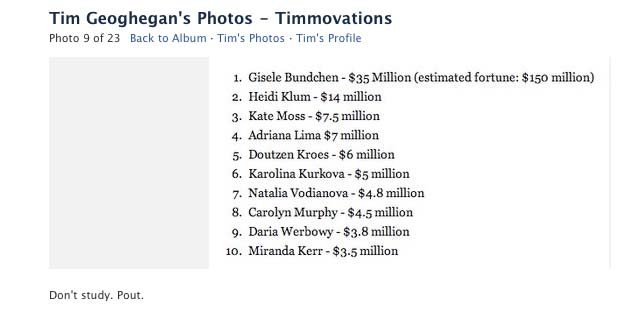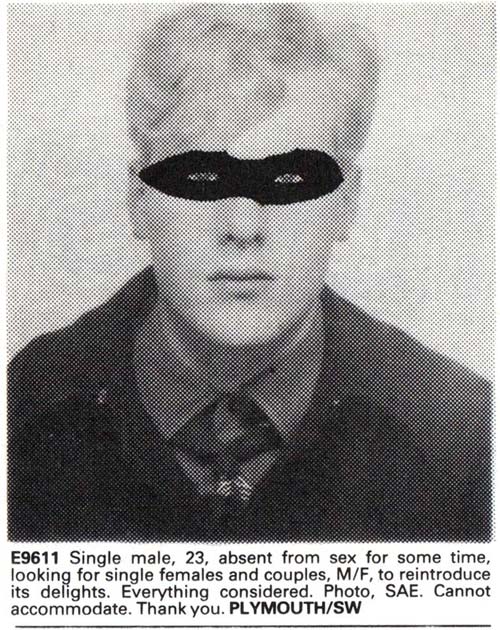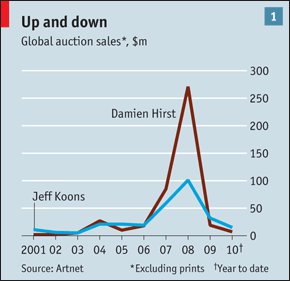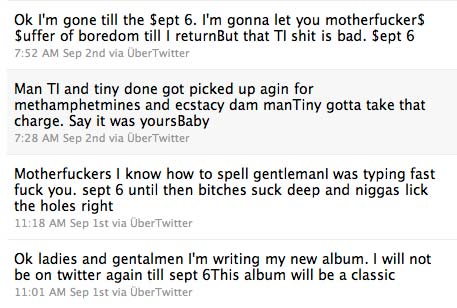Look out into space and the signs are plain to see. The universe began in a Big Bang event some 13 billion years ago and has been expanding ever since. And the best evidence from the distance reaches of the cosmos is that this expansion is accelerating.
That has an important but unavoidable consequence: it means the universe will expand forever. And a universe that expands forever is infinite and eternal.
Today, a group of physicists rebel against this idea. They say an infinitely expanding universe cannot be so because the laws of physics do not work in an infinite cosmos. For these laws to make any sense, the universe must end, say Raphael Bousso at the University of California, Berkeley and few pals. And they have calculated when that is most likely to happen.
Their argument is deceptively simple and surprisingly powerful. Here’s how it goes. If the universe lasts forever, then any event that can happen, will happen, no matter how unlikely. In fact, this event will happen an infinite number of times.
This leads to a problem. When there are an infinite number of instances of every possible observation, it becomes impossible to determine the probabilities of any of these events occurring. And when that happens, the laws of physics simply don’t apply. They just break down. “This is known as the “measure problem” of eternal inflation,” say Bousso and buddies. (…)
When might his be? Bousso and co have crunched the numbers. “Time is unlikely to end in our lifetime, but there is a 50% chance that time will end within the next 3.7 billion years,” they say.
{ The Physics arXiv Blog | Continue reading }
This timeline of the Big Bang describes the history of the universe according to the prevailing scientific theory of how the universe came into being. (…) The best available measurements as of 2010 suggest that the initial conditions occurred between 13.3 and 13.9 billion years ago.
{ Wikipedia | Continue reading }
It may be possible to glimpse before the supposed beginning of time into the universe prior to the Big Bang, researchers now say.
Unfortunately, any such picture will always be fuzzy at best due to a kind of “cosmic forgetfulness.”
The Big Bang is often thought as the start of everything, including time, making any questions about what happened during it or beforehand nonsensical. Recently scientists have instead suggested the Big Bang might have just been the explosive beginning of the current era of the universe, hinting at a mysterious past.
{ Space | Continue reading }
The Chaotic Inflation theory is a variety of the inflationary universe model, which is itself an extension of the Big Bang theory. It was proposed by physicist Andrei Linde. (…)
The Chaotic Inflation theory is in some ways similar to Fred Hoyle’s Steady state theory, as it employs the metaphor of a universe that is eternally existing, and thus does not require a unique beginning or an ultimate end of the cosmos.
{ Wikipedia | Continue reading }

























